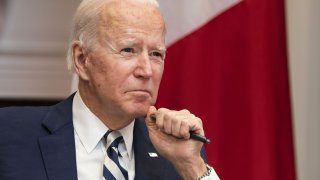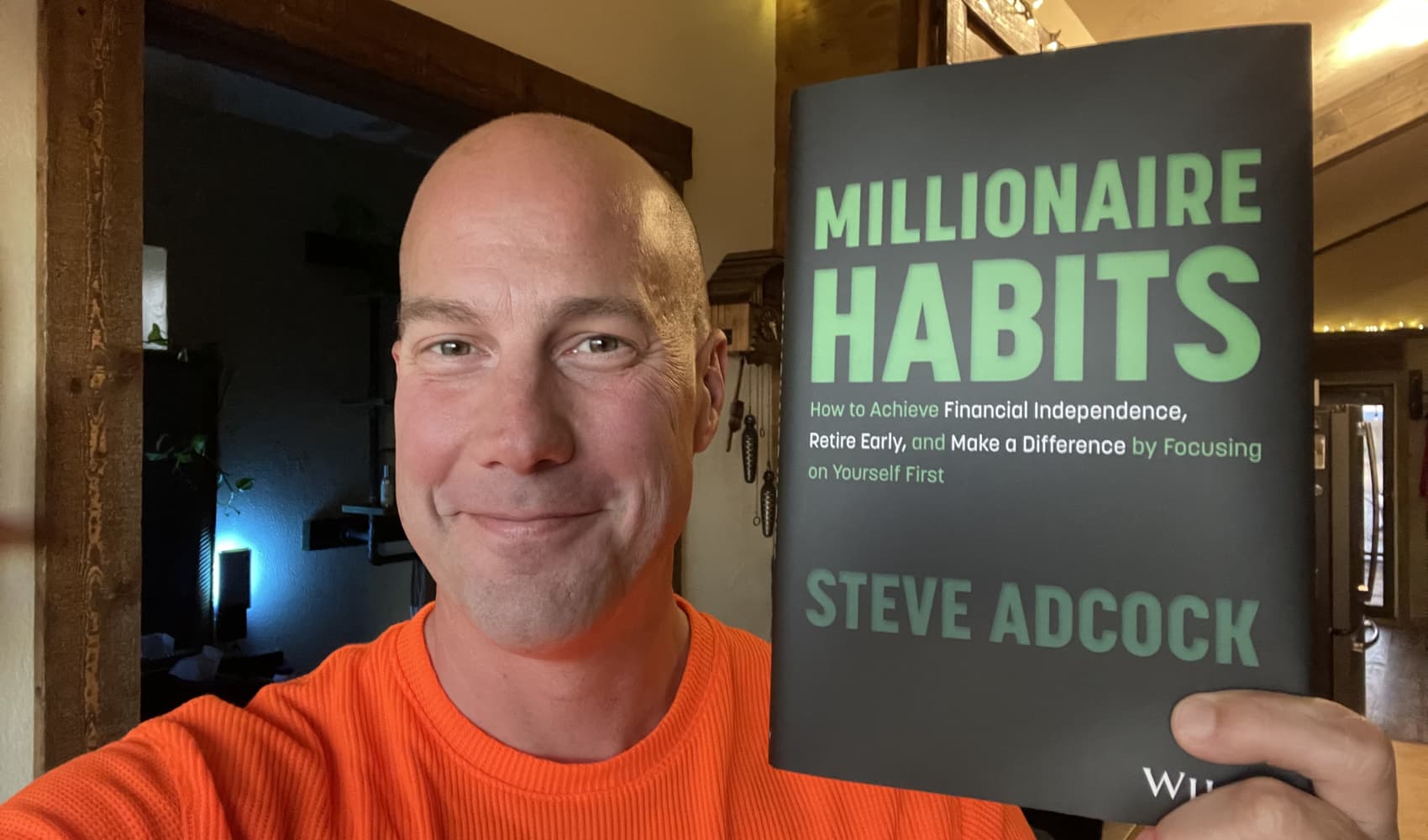
- U.S. President Joe Biden is caught between "two opposing forces" when it comes to Saudi Arabia, according to Frederick Kempe, president and CEO of the Atlantic Council.
- During his presidential campaign, Biden said Washington would make Riyadh the "pariah that they are" and hold the kingdom accountable on human rights issues.
- However, the president now sees that Saudi Arabia's support is important for his agenda in the Middle East region.
U.S. President Joe Biden is caught between "two opposing forces" when it comes to Saudi Arabia, according to Frederick Kempe, president and CEO of the Atlantic Council.
During his presidential campaign, Biden said Washington would make Riyadh the "pariah that they are" and hold the kingdom accountable on human rights issues. However, the president now sees that Saudi Arabia's support is important for his agenda in the Middle East region, Kempe said.
Get DFW local news, weather forecasts and entertainment stories to your inbox. Sign up for NBC DFW newsletters.
"If you want to contain Iran, if you want to build upon the positive impact of Arab-Israeli normalization through the Abraham Accords … if you want to bring some peace to Syria and Yemen, there's hardly anything you can get done in the Middle East [without Riyadh]," Kempe told CNBC's "Capital Connection" on Tuesday.
"Let's not forget controlling oil prices so that you can actually have stable prices for the energy transition to renewables, none of that can be done without Saudi Arabia, so how do you implement your human rights policy?" he said.
The U.S. last week imposed visa restrictions on 76 Saudis who are "believed to have been engaged in threatening dissidents overseas, including but not limited to the Khashoggi killing."
Money Report
But, Saudi Crown Prince Mohammed bin Salman has not been directly targeted by Washington, despite an intelligence report finding that he approved an operation to capture or kill journalist Jamal Khashoggi in 2018.
Critics have accused Biden of not defending human rights, but the White House has so far resisted pressure to punish the crown prince, though it reserves the right to take any action in the future.
The Atlantic Council's Kempe, who is also a CNBC contributor, said Saudi Arabia's importance is one reason why the State Department has characterized the changes in Washington-Riyadh relations "not as a rupture, but a recalibration."
While many in the Democratic Party may not be happy with this approach, it's "probably the right way to go forward," Kempe said.
"The reality is you'd rather have a flawed, and perhaps even deeply flawed ally, than an adversary in this era of new power and big power competition where Saudi Arabia might depend more on China, more on Russia for its arms deliveries, for its economic strength," he said.
Kempe said the U.S. president is "weighing all of these things."
"I think he's learning very quickly it's a lot harder to be president of the United States than to be a candidate," he added.






